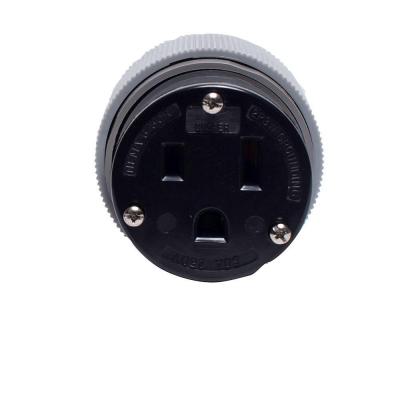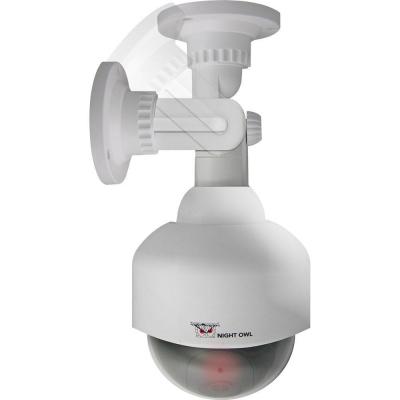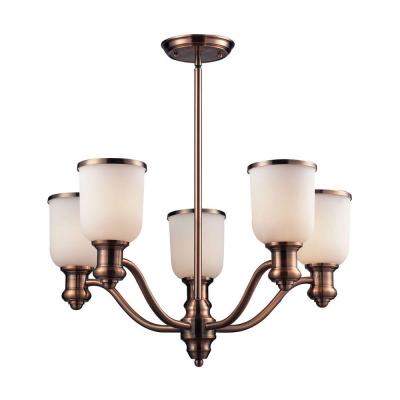Energy deregulation gives consumers choices when it comes to the companies that provide their home electricity. Suppliers can compete for your electricity dollars in a variety of ways, offering low prices, short and long-term contracts, fixed or variable rates, and a choice in how your energy is generated. The sheer volume of options can seem so complicated that you need to ask an electrician to help you tangle out the pros and cons of the available plans. One area in particular that can trip up consumers has to do with whether the source of their electricity is green or renewable. Read on to learn the difference.
Green Customers are Loyal Customers
Currently, 15 states plus Washington, D.C. have active electricity deregulation programs, according to the U.S. Energy Information Administration, and these states are largely concentrated in the Northeast. Consumers who live in deregulated states are likely to be flooded with energy offers, often promising electricity that is derived from green or renewable sources. Purchasing this environmentally friendly power usually costs a bit more than electricity that comes from more traditional sources like coal, but some homeowners like to put their money where their mouth is when it comes to reducing carbon emissions.
Those customers who go green are valuable to the supplier because they are less likely to jump ship based on the availability of a cheaper energy source. "A customer on a renewable-energy product has actively decided what is important to them and has selected their supplier accordingly," Ritchie Hudson, Pennsylvania chairman of the Retail Energy Supply Association, said to the Philadelphia Inquirer.
A Question of Semantics
However, while many suppliers and consumers treat green and renewable sources of electricity as synonymous, there is a distinction. Green energy is that which comes from specific sources that have the highest environmental benefit, including solar, wind, geothermal, biogas, eligible biomass and small hydroelectric sources, according to the Environmental Protection Agency. Meanwhile, renewable energy “includes resources that rely on fuel sources that restore themselves over short periods of time and do not diminish,” which includes all the green options but also other sources such as large hydroelectric dams, which present certain environmental tradeoffs.
That means that if you really want to limit your impact on the Earth as much as possible, go green in lieu of simply choosing renewable energy. You can further refine your choices by asking about the specific source of the electricity, if you have a preference for solar, wind or another option.
Ask an Electrician About Your Options
Deregulated energy markets give you flexibility, but can also sow consumer confusion. If you need help deciphering the offerings of your state's electricity providers, ask an electrician who can walk you through your choices.



